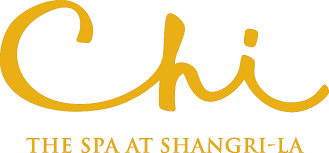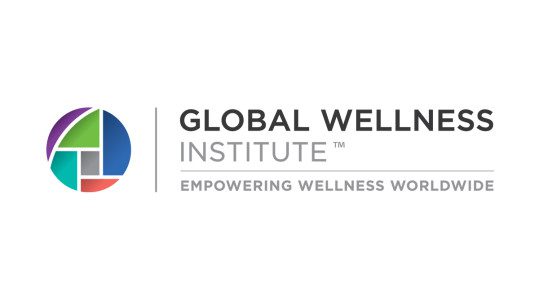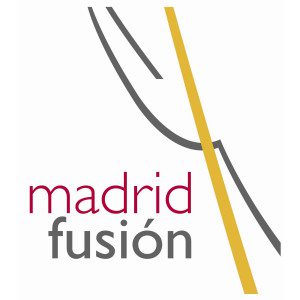Home
More than an agency. Champions of change.
FINN Partners Greater China has distinguished itself as an award-winning hybrid communications practice with a combined expertise in brand development, marketing communications, market research, PR and digital. With a depth and breadth of experience, our team works with our clients to identify the right combination of services, create compelling narratives, and craft lasting impact for brands within the region and beyond – all while exhibiting creativity, integrity, confidence, passion, and collaboration at every turn.
On a mission to make a difference
With dedicated employees across the globe, we are ONE FINN, united by a shared vision, unwavering values, and a relentless commitment to driving positive change, for our people, our clients, and our world.



















